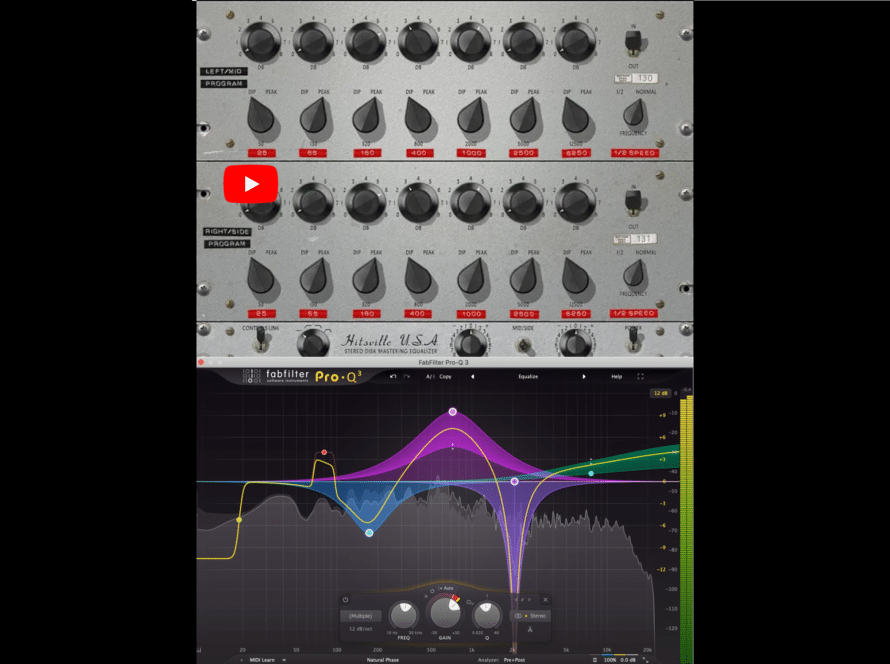Tip 1: Balanced Level Management
Entry: One of the most crucial components in audio mixing is the management of balanced levels across all the tracks. This process requires careful attention to gain staging to ensure no tracks are disproportionately loud or soft in comparison to the others. Use your hearing as well as visual meters to monitor and adjust levels as necessary. Avoid distortion and maintain sufficient headroom by keeping levels under the clipping point.
Tip 2: Appropriate Use of EQ
Entry: Equalization (EQ) is an indispensable tool that shapes the tonal balance of a mix. It can emphasize desired frequencies and reduce or eliminate unwanted ones. Bear in mind, each instrument possesses its unique frequency range and judicious use of EQ can help avoid frequency conflicts between them. However, avoid overuse of EQ as subtlety is often the most effective approach.
Tip 3: The Power of Panning
Entry: Panning is a great technique for establishing a sense of space and dimension in a mix. It helps to assign each instrument its own space in the stereo field, rendering the mix wider and more balanced. While panning, consider the natural positioning of instruments in a live scenario. Also, balance is crucial – ensure your mix doesn’t heavily lean towards one side.
Tip 4: Mastering Compression Techniques
Entry: Compression is a vital audio processing tool that can balance dynamic range, tighten up a mix, and add sustain to certain instruments. Knowing when and how to use a compressor is crucial. The key parameters of a compressor are threshold, ratio, attack, release, and make-up gain. Compression can control peaks, add energy, and help tracks gel together in a mix. But remember, over-compression can make your mix sound lifeless, so use it judiciously.
Tip 5: Regular Breaks and Reference Listening
Entry: The task of mixing can be exhaustive for your ears. Regularly taking breaks helps prevent ear fatigue, enabling you to maintain a fresh perspective on your mix. Furthermore, reference listening – comparing your mix to professionally mixed tracks – can provide valuable insights into your own mix and how it stands up in the professional arena.

